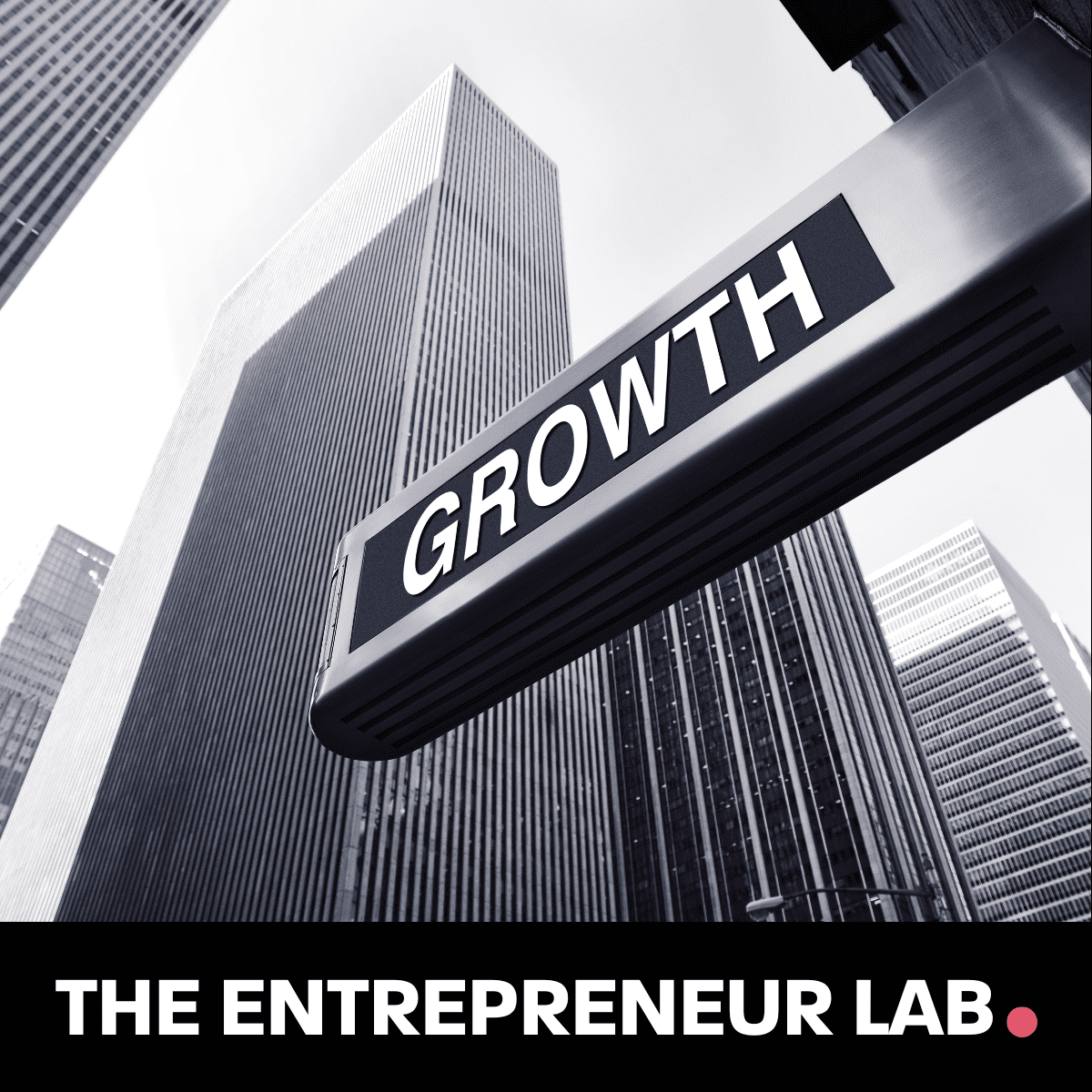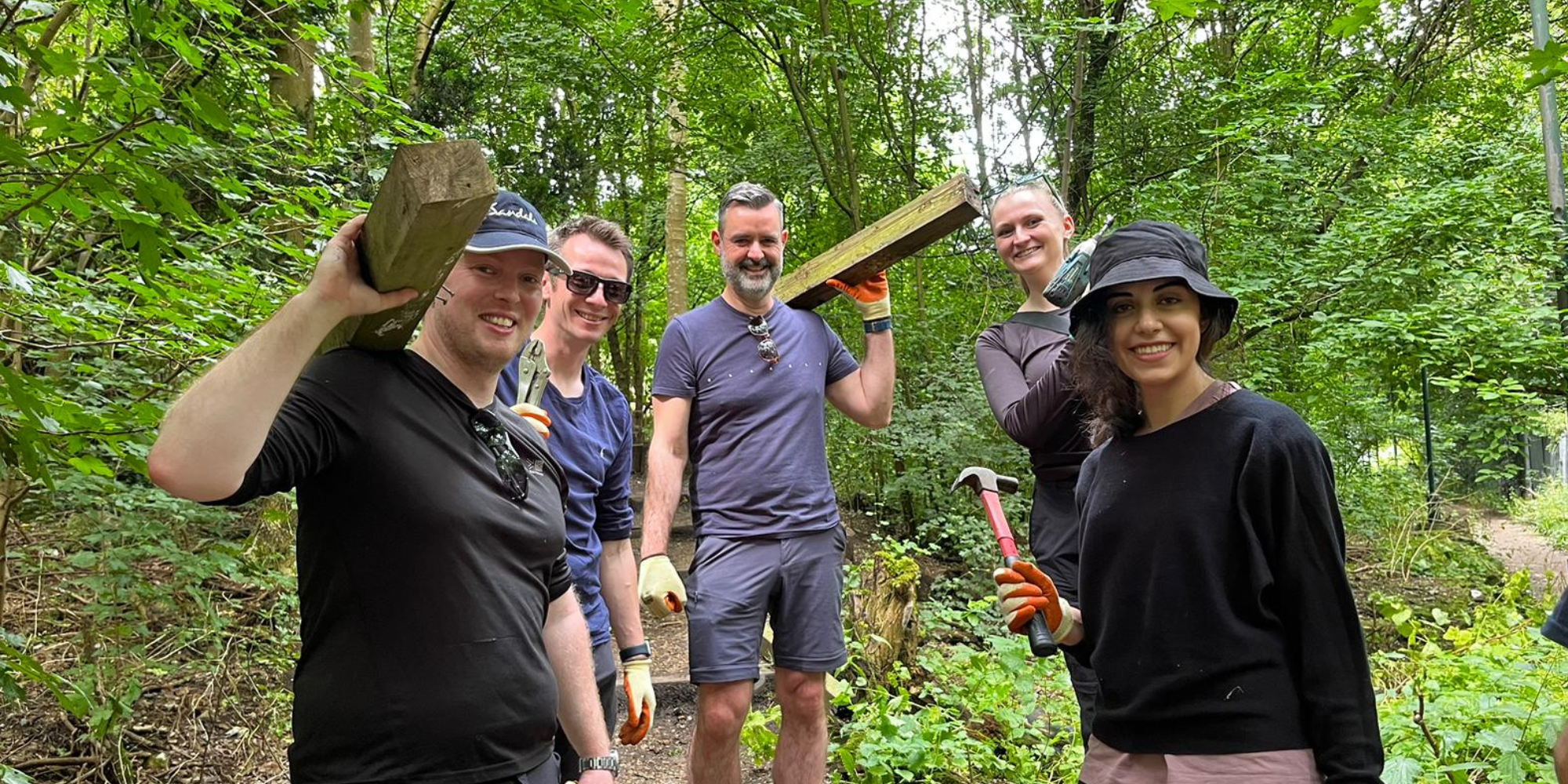
Bridging the Awareness Gap
“growth begins with a spark of an entrepreneur”
This week’s Budget put the UK’s scale-up challenge front and centre, with Rachel Reeves calling out that “growth begins with a spark of an entrepreneur” and half of new jobs coming from scale-up businesses. It’s a welcome spotlight, and one that hits close to home for us. Because while there’s no shortage of ambition across the UK’s regions, there’s still a real gap in how many founders understand the full range of growth options available to them, especially when it comes to private equity.
And that’s exactly what this blog is about.
What Founders Still Don’t Know About Private Equity
Across the UK’s regional business communities, private equity often flies under the radar.
It’s not that investors are missing, funds like YFM have been backing ambitious regional businesses for decades. The gap isn’t capital; it’s awareness.
Many founders still don’t have a full picture of what their options really are when it comes to growth or succession. They’re unsure what a PE partnership looks like, how it compares to a trade sale, or whether their business even fits the model.
And that uncertainty means opportunities are missed. Not because the businesses aren’t ready, but because the founders don’t realise, they are.
So, what’s really causing the disconnect between strong, growing regional companies and the investors actively looking for them?
Myths that still get in the way
Even now, the same misconceptions come up again:
“Private equity means losing control.”
It’s true that investors will have protections in place, that’s part of any growth investment, but founders don’t suddenly get sidelined. In most cases, they stay at the heart of day-to-day decision-making, working with a partner who also wants to be fully aligned around success and growth. The real question isn’t “Will I lose control?” but “Do I trust the people I’m bringing in to help me grow?”
“PE firms only want to buy and flip.”
While some investors take a short-term approach, many focus on long-term partnerships, working side-by-side with management teams to build value sustainably over years, not months.
“We’re too small for PE.”
Not necessarily. Specialist lower-mid-market funds like YFM are built around that space, helping established but fast-growing businesses take the next step without losing what makes them distinctive.
Where the awareness gap shows up
We often meet founders who only start exploring PE after exhausting other routes, or after a chance introduction from an adviser or peer. By that point, they’re often at the stage where an investor could have been adding value for years.
Part of the challenge is visibility. Many founders simply don’t cross paths with private equity until they’re already thinking about exit, not growth. Others assume they’ll be dismissed for being “too early”, when funds like YFM invest at exactly that scale.
What founders really want to know
When we speak with founders early in the process, three questions almost always come up:
- What’s it actually like working with a PE firm?
- What does a good partnership look like?
- How do I know when the timing’s right?
All good questions, and the truth is, there’s no single playbook. But there are patterns.
What a good first step looks like
The best starting point isn’t a pitch deck, it’s a conversation. (Read more about this in our Do’s and Don’ts blog)
Reach out early, even if you’re not sure you’re ready. Talk to investors about what you’re building and where you want to take it.
At worst, you’ll get some feedback. At best, you’ll start a relationship that matures alongside your business.
It’s not about “selling” your company, it’s about exploring options and finding people who understand where you’re going.
Where founders can start
- Speak to your advisers. Corporate finance, accounting teams and lawyers can often introduce the right kind of investors for your stage.
- Do your homework. Check fund websites for deal sizes, portfolio examples and investment criteria, you’ll quickly see who matches your ambitions.
- Ask questions. The best founders treat early meetings as mutual due diligence, not one-way interviews.
- Stay in touch. Even if it’s not the right time now, relationships built early often turn into opportunities later.








